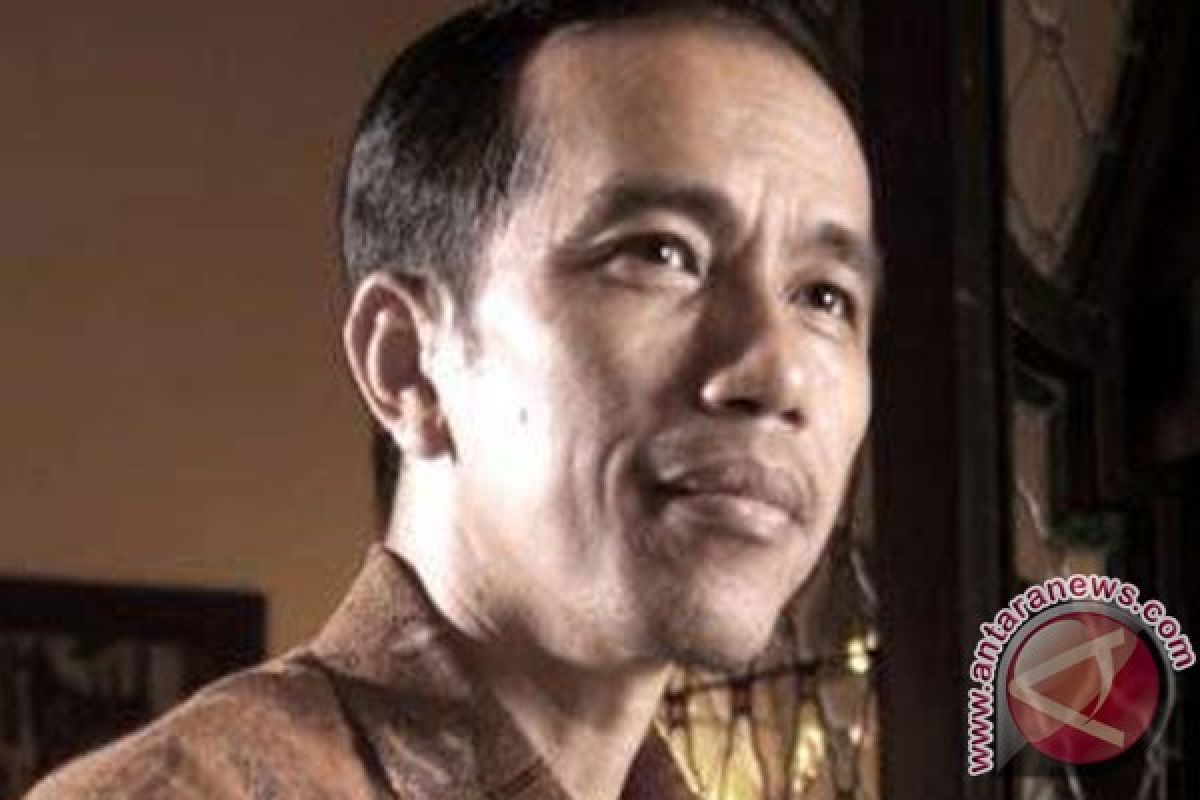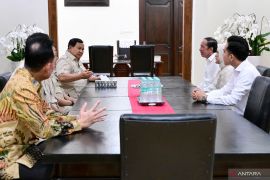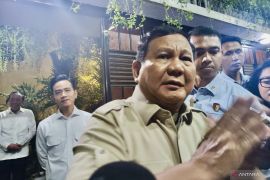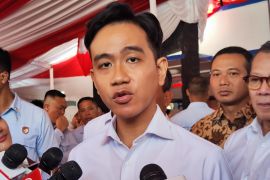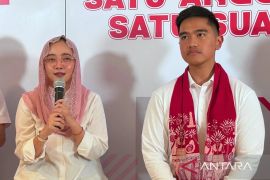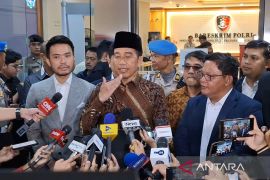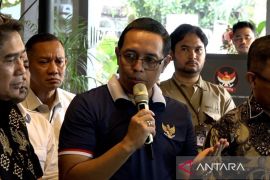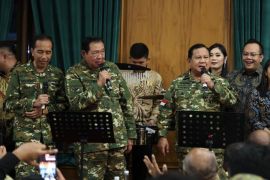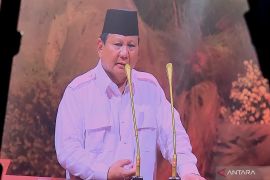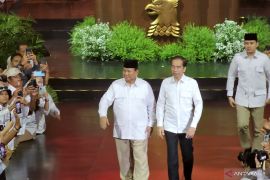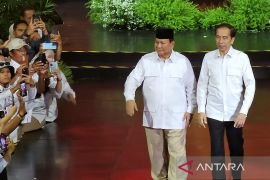"A total of 34,7 percent of respondents have chosen Jokowi," head of CSIS Politics and International Relations Department, Phillips J. Vermonte, said in an exposition of "CSIS National Survey in November: Signs of End of Political Elite Oligarchy" here on Sunday.
CSIS carried out the survey through direct face-to-face interviews with 1180 respondents in 33 provinces from November 13 to 20 with a margin of error of 2.85 percent.
Other figures selected for president by the respondents are Prabowo Subianto (10.7 percent), Aburizal Bakrie (9 percent), Wiranto (4.6 percent), Jusuf Kalla (3.7 percent), Megawati Soekarnoputri (3.3 percent), Mahfud MD (1.8 percent) and Hatta Rajasa (0.6 percent).
A total of 22.8 percent of respondents meanwhile said they still had no idea of who they would choose for the countrys next president in 2014.
"This survey also found that support for Jokowi has become more consolidated covering not only voters from his Indonesia Democratic Party Struggle (PDIP) but also other parties," Phillips said.
Jokowis biggest supporters are indeed from PDIP reaching 63.6 percent, followed by Democrat Party (42.7 percent), Golkar Party (22.7 percent) and Gerindra (20.6 percent).
"The finding showed that support from outside political oligarchy and dynasty is wider. In view of that political parties must open themselves up and internally reduce oligarchy and dynasty," Phillis said.
He said party oligarchy must continue to be broken by forcing parties to find a figure who is supported by the grassroots or to hold a democratic convention so that the parties would not belong to chiefs and treasurers only like now.
With regard to electability of political parties, PDIP remains at the top with 17.6 percent of respondents in favor of it, followed by Golkar (14.8 percent), Gerindra (8.6 percent), Democrat Party (7 percent) and National Awakening Party (4.6 percent).
The electability of the United Development Party meanwhile is 3.5 percent, the National Mandate Party 3.3 percent, the Prosperous Justice Party 3.3 percent, the Hanura Party 2.4 percent the Nasional Demokrat Party 2.0 percent, the Moon and Star Party 0.5 percent and the Justice and Unity of Indonesia 0.5 percent.
Indonesia plans to hold legislative elections in April 2014, which will later be followed by a presidential election in the year.
reporting by imam santoso
(T.I026/H-YH/a014)
Editor: Aditia Maruli Radja
Copyright © ANTARA 2013
